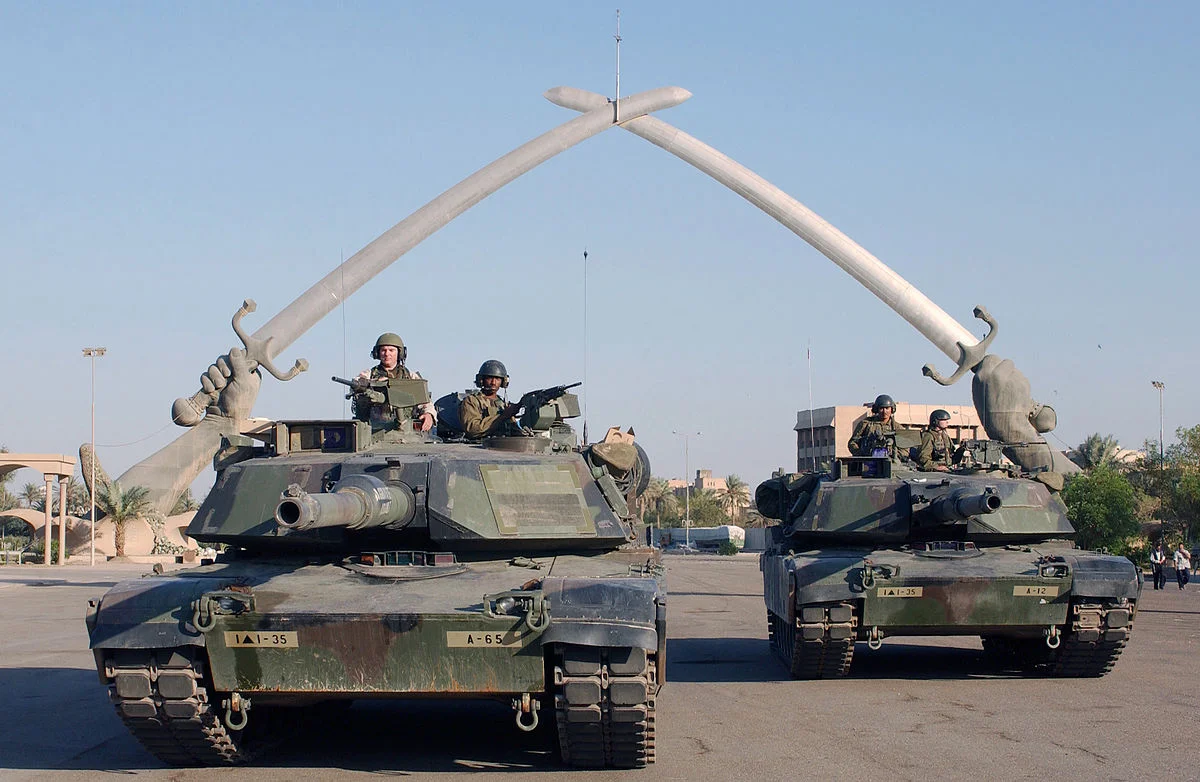Sthenelaidas’ role wasn’t to be a general in war, but to be an orator in the preamble. It was Archidamus whose role was to play the general. On first blush, their contrasting rhetorical styles point to two different strategies for war. Ultimately, however, they push in the same direction. There is a unity of opposites. Their rhetorical style is different, but they need each other to launch Sparta in its great power rivalry.
Insights from the Past: Thucydides on Great Power Competition
Thucydides offers many enduring insights for scholars and policymakers. New tensions emerge as great powers search for new allies and try to hold on to old ones. Once begun in earnest, great power competitions are likely to endure for decades, because of the resources great powers possess. Those resources make it highly likely conflict comes with an often terrible cost for the victor and for the vanquished.
Revisiting Thucydides: Ruminations on the Future of U.S. Indo-Pacific Strategy in an Age of Great Power Competition
While war between the United States and China is a possibility, a larger and more refined lesson could be gleaned from Thucydides’ ancient text. In an era of great power competition, The Peloponnesian War provides one of the first nearly complete histories of a conflict that included complex alliances, ideologically opposing views, civil discord, diplomacy, total war, and human struggle. It provides examples of how the choices made by Athenian and Spartan leaders mattered in determining whether they avoided war or led their countries into conflict. Most importantly, The Peloponnesian War offers strategists and policymakers invaluable insights into the nature and character of competition between two great powers and makes clear the importance of strategic options that avoid ill-conceived conflict.
Not Another Peloponnesian War: Great Power Collaboration?
As Thucydides showed so clearly, the real trap is power itself. Insufficient power leaves one open to being exploited, or worse; more power actually makes power harder to control, and it leaves one vulnerable to being undermined. That is the nature of power. Thucydides was right about fear, honour, and interest being the motivators for power.
#Reviewing The Battle of Arginusae
In the end, Arginusae was important not just because it was the last Athenian victory in the war, or because it was a shameful event in the history of Athens, but because of the hostility it caused towards Athenian democracy. The book closes with a brief look at the end of the Peloponnesian War and the damage done by Arginusae to the reputation of Athens in the millennia since the battle was fought. This book makes it eminently understandable how great that tragedy was.
Modern Tragedy: How the Sicilian Expedition and the Iraq Campaign Exhibit Strategic Effects
Thucydides, who authored the definitive account of the Peloponnesian War, started writing as soon as the conflict began, “...believing that it would be a great war, and more worthy of relation than any that had preceded it.” His account has also proved valuable for evaluating ensuing conflicts through to the present day. As Captain Alfred Thayer Mahan wrote, the Peloponnesian War showed that “strategic problems remain the same, though affected by tactical difficulties peculiar to each age.” The Athenian invasion of Sicily and the American experience in Iraq were not identical, but no two wars ever are. Instead, we must look at the overarching effects the military campaigns had on political objectives.
Prospect Theory and the Problem of Strategy: Lessons from Sicily and Dien Bien Phu
The inability or unwillingness to recognize defeat and its implications resulted in both greater material losses and amplified the strategic consequences for inevitable failures. Strategy is a human endeavor, and prospect theory offers unique insights into another dimension of the human face of war, providing a framework for examination of paradoxical decision making and human error in strategy and tactics.
The Nature of Strategy: Pericles and the Peloponnesian War
Thucydides’s account of the Peloponnesian War provides for a range of lessons about the nature of strategy applicable to a wide audience. The period demonstrates the inherent complexity in understanding the concept of strategy, a concept that remains devoid of a coherent, agreed, and universal definition. What the Periclean strategy does provide, however, is insight into the importance of understanding the implications of the political objective, strategy and military culture, and geography and operating environment and their influence on the nature of strategy.
Width, Depth, and Context in Thucydides
The enduring importance of The History of the Peloponnesian War resides in its ability to prepare the reader to recognise historical patterns hidden in chaos regarding the human element in war. Using the model of historical study proposed by Sir Michael Howard, the span of Thucydides’ account allows the reader to study war in width and examine continuities, trends, and patterns in human behaviour in war. By incorporating both chronological events and the speeches of key decision makers into his argument, Thucydides provides an opportunity to study in depth the chaos and uncertainty inherent in war. Finally, by expanding his analysis to include the cultures of the societies participating in the conflict, Thucydides enables the reader to study the context within which the war was fought.
Revisiting Thucydides’ Explanation of the Peloponnesian War
Reviewing the work of scholars who have examined the Peloponnesian War gives grounds for questioning not only Thucydides’s purportedly dispassionate style, but also one of his most well-known conclusions: “The growth of the power of Athens, and the alarm which this inspired in Lacedaemon, made war inevitable.”











